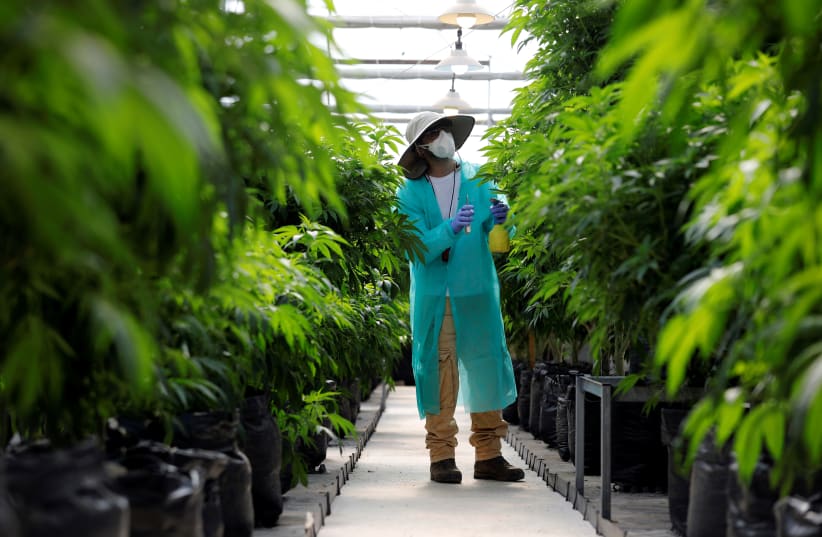Israel to accelerate medical cannabis research with hi-tech incubator
The development will take place in the small Negev town of Yeruham whose mayor commented that the city's dreams of being a medical cannabis 'production capital' are now being realized.

